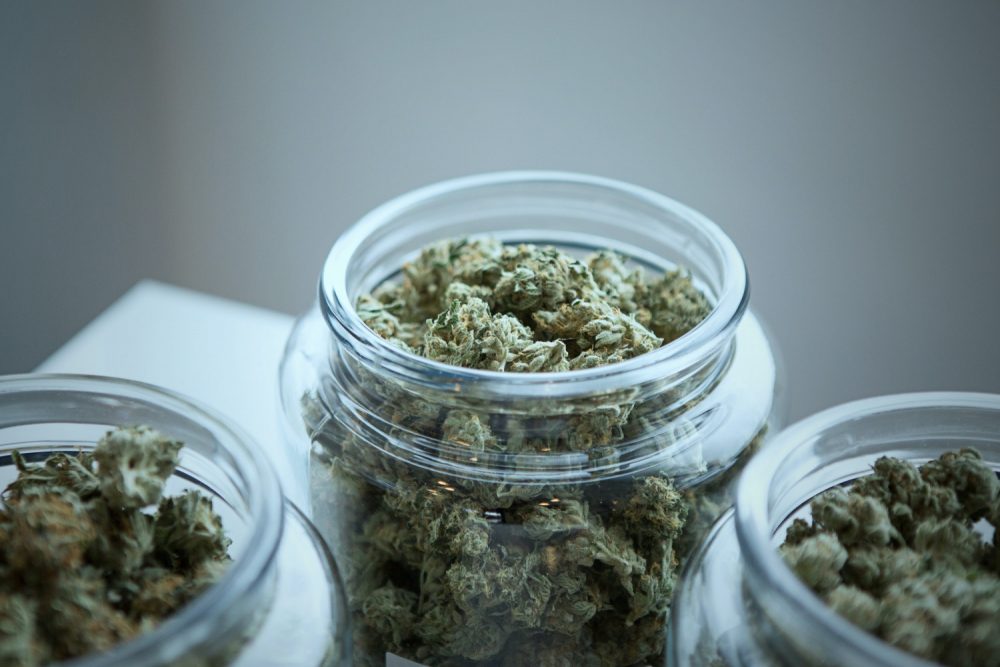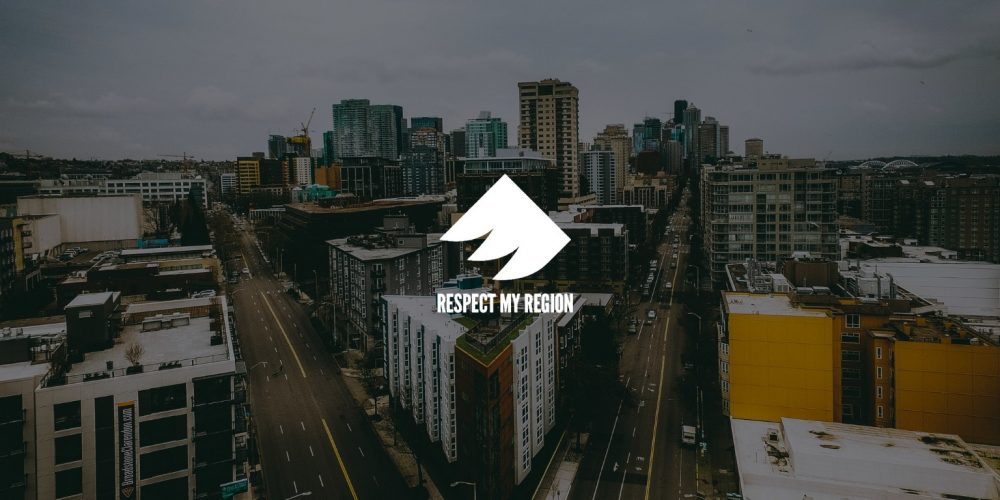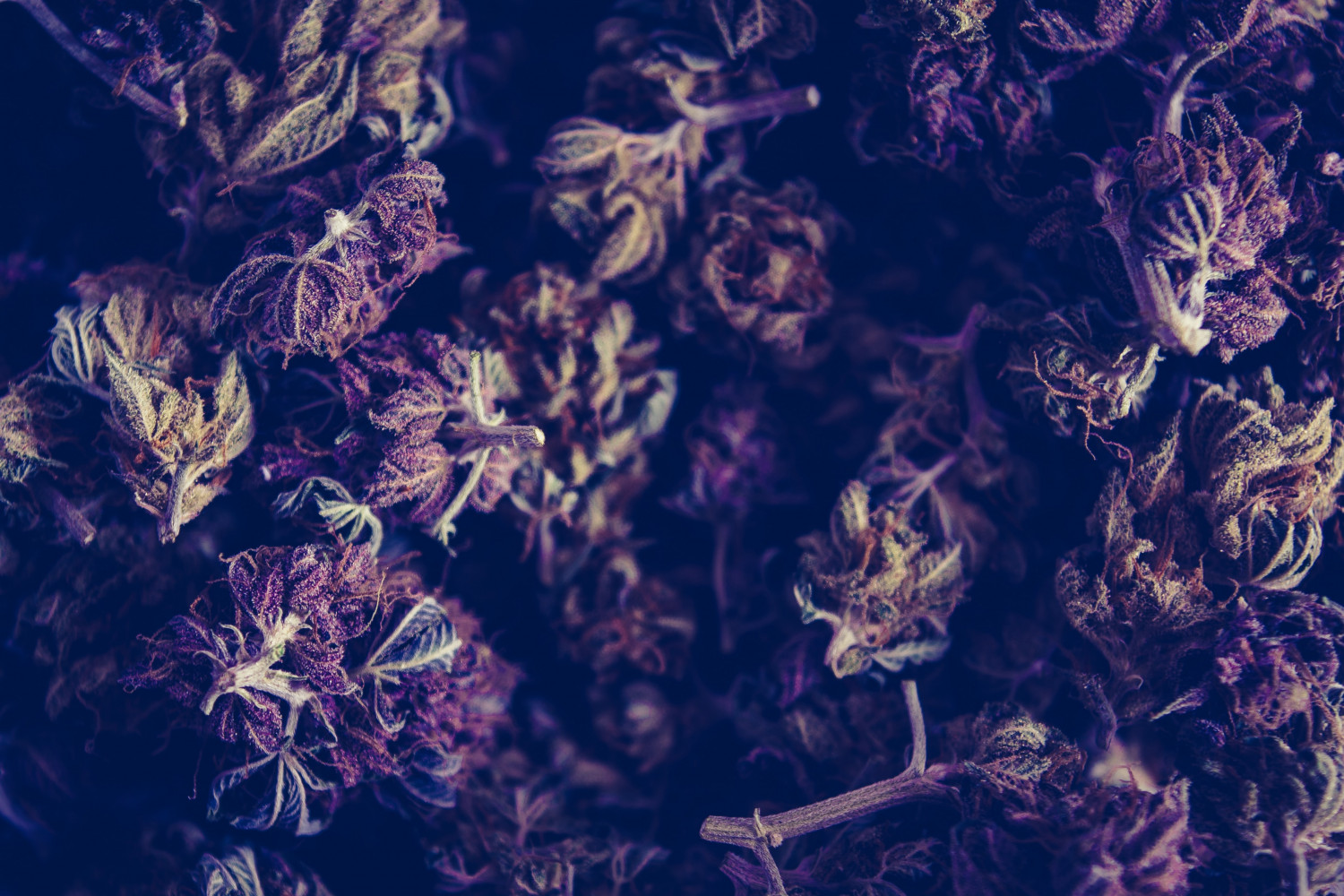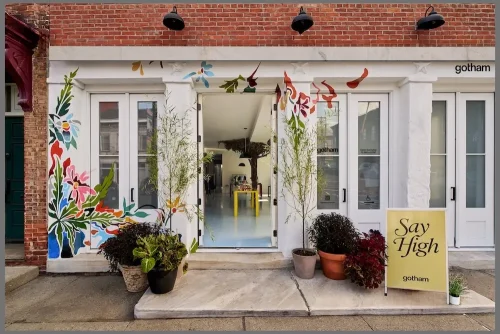After legalizing recreational cannabis in 2017, many cannabis dispensaries began popping up all around the state, except for in one specific area- the Nevada-Idaho border, aka the city of Jackpot, NV. Now, Nevada is finally preparing to open its first dispensary in the area.
While this is great news for the legalization movement, officials in Idaho are not pleased. This is due to the fact that the dispensary will be located on the Idaho border. Even though many states surrounding Idaho are embracing legal cannabis, the conservative state has not considered legalization. Inevitably, the creation of this business might pose some problems for Idaho.

Image via @budding on Unsplash
A Unanimous Vote Leads to Nevada’s First Dispensary in Jackpot
Last week, Elko County officials signed off on a proposal to open a dispensary in Jackpot, Nevada. According to Associated Press, staff are claiming that the dispensary may open as soon as this Monday. The dispensary is already training staff, with a current number of about 35 employees. Additionally, many of these new cannabis industry professionals are residents of Elko County. This new dispensary is bringing prosperity to many excited Nevadans.
While Nevada is looking forward to this progression, their Idahoan neighbors might not share that same excitement. Even though many states in this western region of the country have legalized weed, Idaho hasn’t followed suit. With the addition of this new dispensary, Idaho officials plan to increase patrols in the areas surrounding the dispensary. Regardless, this dispensary is bound to have an effect on marijuana possession and use in Idaho.

Image via @wesleygibbs on Unsplash
Idaho Becomes an Outlier as Many Neighboring States Embrace Legalization
In a recent report, Oregon Office of Economic Analysis economist Josh Lehner discusses the effect of Oregon dispensaries on Idaho. “Obviously, recreational marijuana is not legal in Idaho, but even after throwing the data into a rough border tax model… there remains a huge border effect.”
Additionally, he says, “roughly speaking, about 75 percent of Oregon sales and more like 35 percent of Washington sales in counties along the Idaho border appear due to the border effect itself and not local socio-economic conditions.”
With research backing increased popularity of marijuana at the Oregon border, one can assume the Nevada border will create a similar result. While many states progress toward legalization and creating cannabis markets, others still trail behind. Idaho is one of these trailing states. Hopefully this won’t be the case for years to come, and these border dispensaries might serve as a catalyst to this. Regardless, legalization is gaining more popularity by the day. It is inevitable the Idahoans will embrace cannabis in the future.








